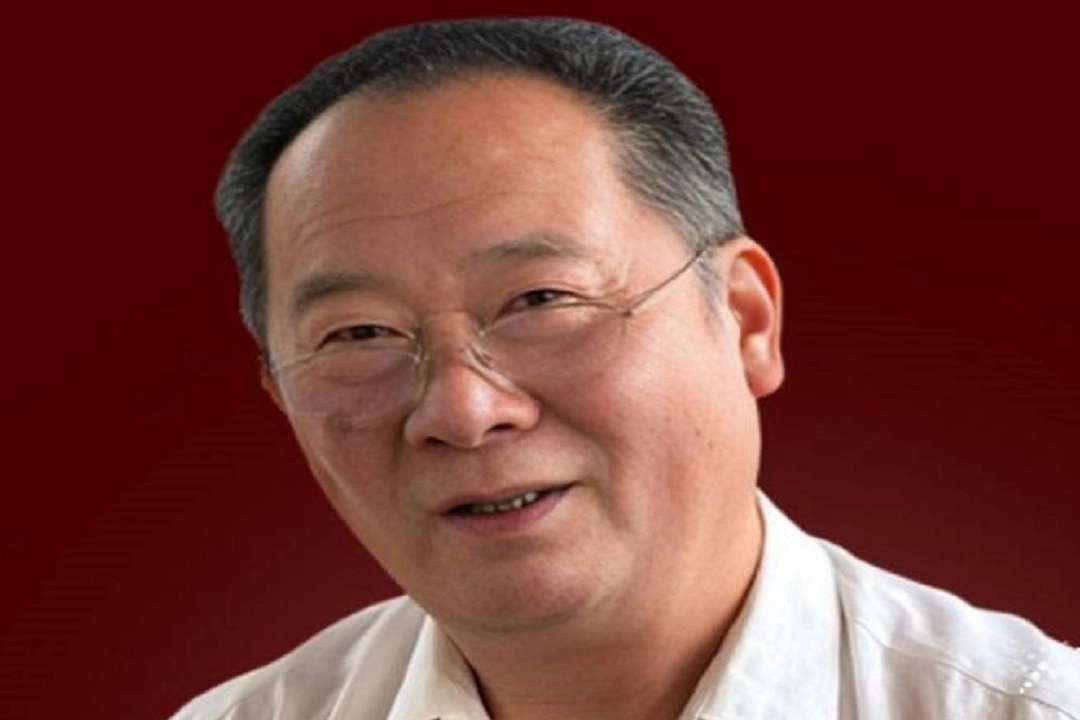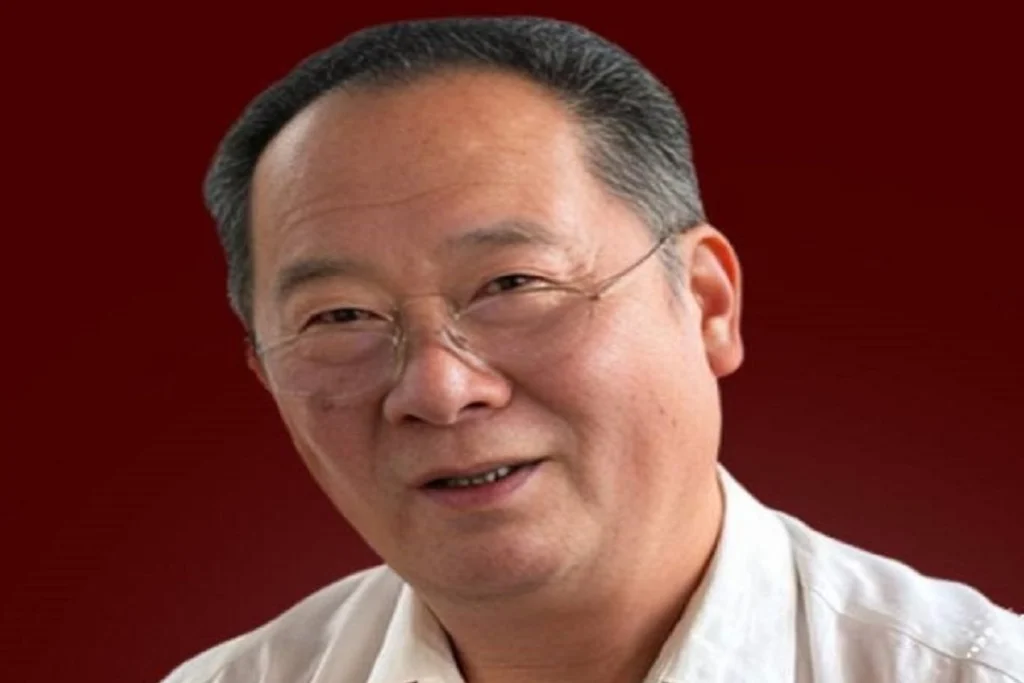Beijing: Pakistan’s active and multidimensional role within the Shanghai Cooperation Organization (SCO) is growing steadily, positioning the country as a strategic leader in regional cooperation. From counter-terrorism to sustainable development and agricultural innovation, Pakistan’s contributions are shaping the future direction of the SCO, according to Prof. Cheng Xizhong, Senior Research Fellow at the Charhar Institute.
His remarks came ahead of the China-SCO Local Economic and Trade Cooperation Conference, set to be held from July 17 to 18 in Qingdao, where a Pakistani delegation will participate.
As a formal member of the SCO, Pakistan’s influence is evident across key sectors, including security cooperation, regional connectivity, poverty alleviation, and economic development. Prof. Cheng highlighted five major areas where Pakistan has demonstrated leadership and impact within the organization.
Firstly, Pakistan’s long-standing frontline position in counter-terrorism gives its participation in the SCO’s Regional Anti-Terrorist Structure (RATS) significant practical value. Its upcoming term as the rotating chairman of RATS from 2025 to 2026 is expected to enhance intelligence-sharing and coordination among member states.
Secondly, as a neighbor to Afghanistan, Pakistan plays a critical role in the SCO-Afghanistan Contact Group. By encouraging security dialogue and economic assistance, it contributes to regional peace and stability.
Thirdly, the China-Pakistan Economic Corridor (CPEC)—the flagship project of the Belt and Road Initiative—has not only transformed Pakistan’s infrastructure but has also connected Central Asia to the Indian Ocean. The 23rd Meeting of the SCO Council of Heads of Government in Islamabad included CPEC in its regional connectivity framework, underlining its strategic importance.
Fourthly, in the field of poverty reduction, Pakistan serves as the permanent chair of the SCO Special Working Group on Poverty. It has led the development of a “Digital Social Safety Net” framework using Chinese big data technology, benefiting 2.3 million families so far, with plans to extend the model to other SCO nations by 2026.
Fifth, in agricultural innovation, Pakistan has partnered with China’s Northwest A\&F University to establish a joint lab for stress-resistant crops. This collaboration has led to the successful development of drought-resistant cotton and cold-resistant wheat, boosting grain yields by 30% in Central Asian countries like Kazakhstan and Tajikistan. To further these efforts, Pakistan will host the SCO Agricultural Technology Expo in 2025.
Prof. Cheng emphasized that Pakistan’s strategic geographic position at the crossroads of South Asia, Central Asia, and the Middle East has elevated its role from a participant to a designer of SCO initiatives. Despite facing economic and geopolitical challenges, Pakistan continues to contribute meaningfully to the SCO’s long-term vision.
Looking ahead, with the implementation of the SCO’s “Sustainable Development Year” projects in 2025, Pakistan is poised to emerge as a model of South-South cooperation and a central pillar of regional progress.


